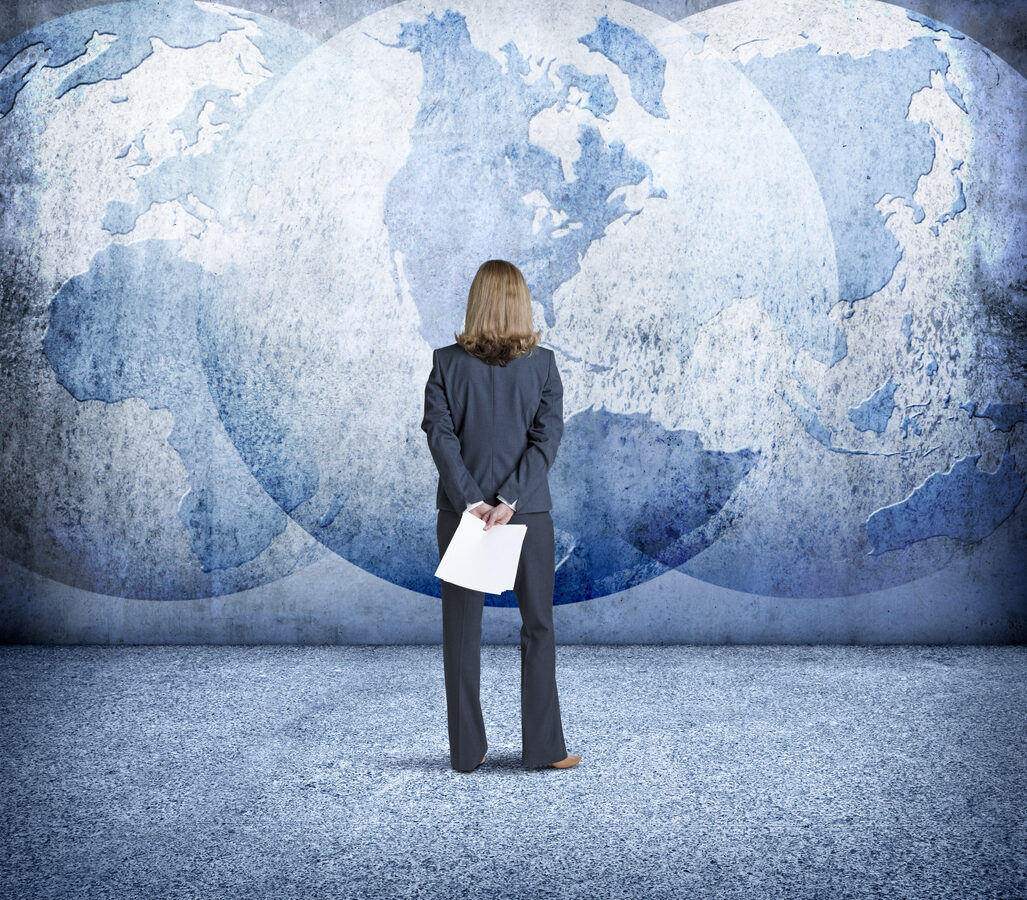Geopolitics is bandied about these days. A lot. Yet for many, eyes glaze over with the mention of politics, let alone geopolitics. However, as we have all seen and felt in today’s post-pandemic world, geopolitics have a very real impact on us as individuals, as organisations and as sovereign states.
Geopolitics is nothing new. For the most part, living and working with geopolitics, its risks and consequences is normally the domain of government policy makers, diplomats, the military, international governmental organisations and specialists that support the business and finance community.
As the post-pandemic geopolitical and global order shifts and spreads, we are increasingly exposed to news and reports of consequential issues that impact us. The fuel crisis and its impact on economies and cost of living is firm evidence of this. And we all want to know what is going to happen next.
Aside from the consequences, paying attention to geopolitics is compelling us to sharpen our geopolitical literacy in order to better understand the risks it presents us with. We need to understand the issues that can arise, how to mitigate any risks and to make better decisions. It can seem a complex maze but breaking it down, essentially there are three pillars that drive geopolitics.
The pillars of geopolitics
- A secure and stable environment to operate and live in
- A trusted political system and public administration
- A vibrant and growing economy
These either hinder or help progress as they all have a symbiotic relationship with each other.
If one falters, the other two struggle and suffer. We are witnessing this in Ukraine because of the Russian invasion. If two falters, invariably there is collapse. We are witnessing this in Venezuela as the political system and economy have collapsed.
If one is strong, it can drive the other two. We see this in Singapore. A focused political system has grown the economy significantly. If two are strong, it acts as a force multiplier. We are seeing this in the GCC as their economies have grown and diversified because of oil and a stable political system.
So what?
This is a question many will ask as geopolitical shifts and events seem very distant to everyday business and personal life. Let’s take the polarised and geopolitical issue of climate change as an example, and the global push for decarbonisation. This is consistently one of the top geopolitical issues and the clean energy sector is working hard to come up with solutions to help reach declared net zero targets.
There is an inevitable push/pull dynamic as the world depends on hydrocarbons for both energy and multiple commodities made from its derivatives – food packaging, clothing, white goods, building composites – the list is endless. This is the reason the GCC economies are doing so well – in almost every aspect of our lives, we depend on hydrocarbons. And this keeps world economies growing.
Yet the data, the science community, and a large court of public opinion are telling us to stop. There is even an activism campaign called “Just Stop Oil”. But it isn’t that simple – because of geopolitics. And this is where it gets complicated in the case of hydrocarbons and the relationship with geopolitics because of these three inter-dependent pillars. But geopolitical complexity is not restricted to the hydrocarbon sector.
The pillars in real time events
In the case of a secure and stable environment, we have sadly seen the impact of conflict in Ukraine. It is commercially un-investable and almost un-insurable as the war is still being fought. Therefore, the economy suffers. However, just as I witnessed in Bosnia, there will be massive reconstruction efforts, so anyone with interests in these sectors will monitor and analyse the geopolitical situation closely.
In the case of the political system, a government divided is a country divided. Most of us live with this to a greater or lesser degree. However, in some parts of the world, it spills over into conflict, as we are witnessing right now in Yemen and Sudan. In both cases, we have seen how a collapse and breakdown in the political system can almost destroy the other two pillars – a descent into conflict and a wrecked economy.
For the third pillar, it is the classic adage – “money makes the world go round.” When an economy takes a nose-dive and people suffer. If not tackled early, civil and political unrest is a typical response, along with an exodus of people. It then becomes a vicious circle. We have seen this in Venezuela. Yet it is a country with so much potential that many still want to do business with and operate in.
Geopolitics impacts us all. It is also rapidly becoming the latest boardroom and beyond buzzword as we see the real time effects of geopolitics in today’s uncertain world. All want to know what is next as they face increasing risks, multiple challenges and crises, and the consequences of these.
Geopolitical risk has shot up from almost nowhere to be one of the top three risks businesses and organisations face. This is why we need to increase our geopolitical literacy, conduct real time analysis, and then map out how the potential consequences impact us is essential to keep ahead of the curve. It is also critical to plan for any shocks and have all issues and escalation plans in place to mitigate risks and avert any crises.

